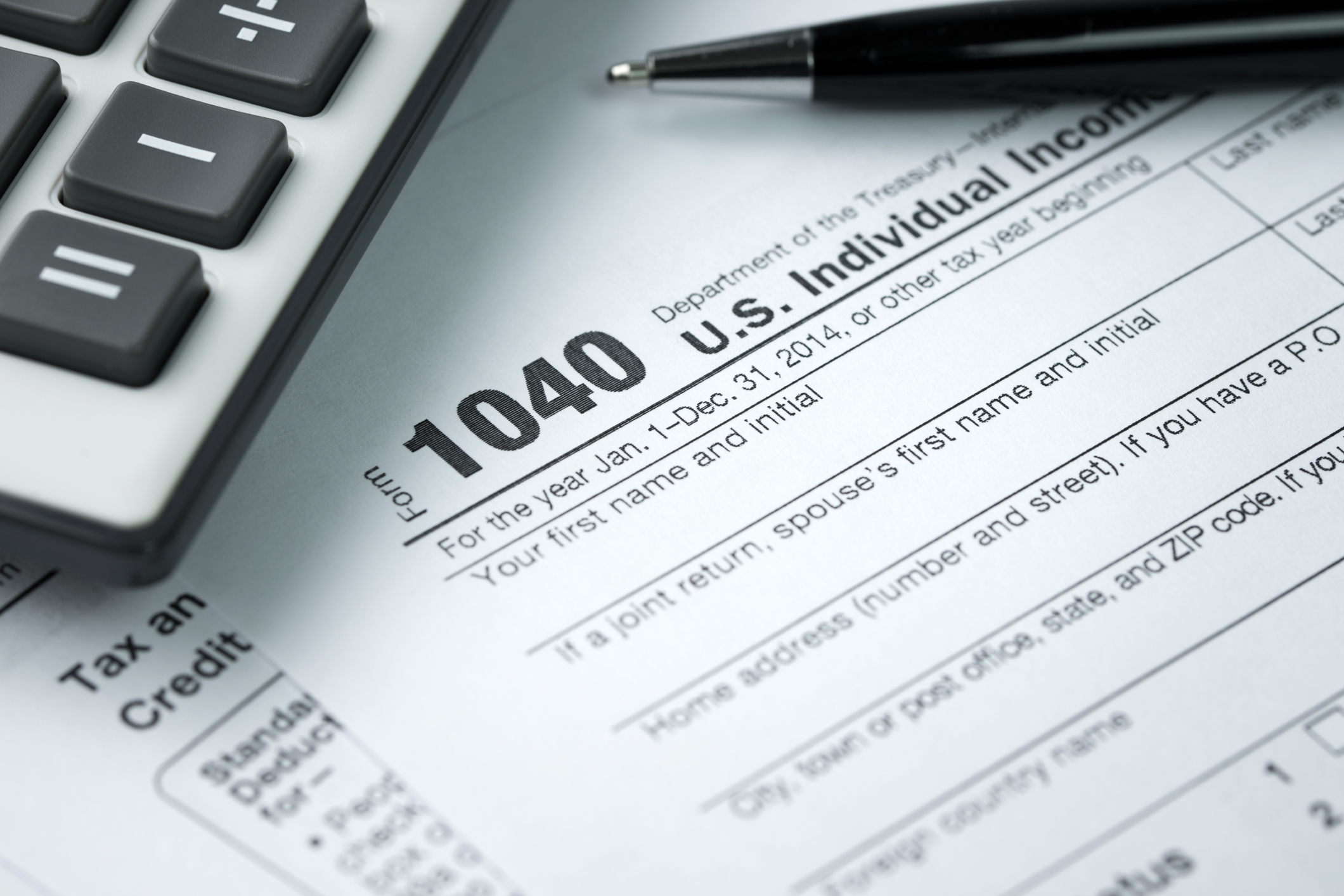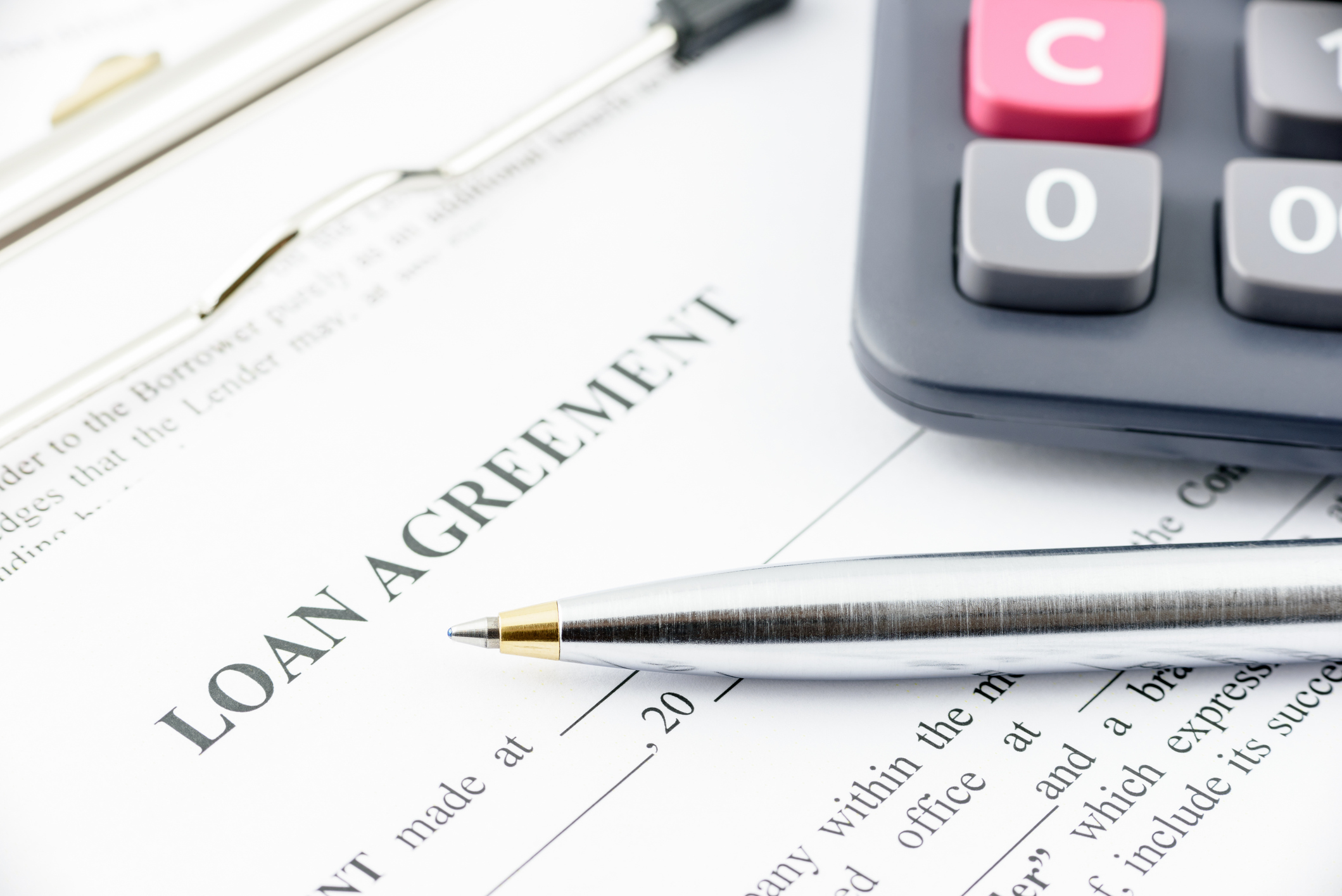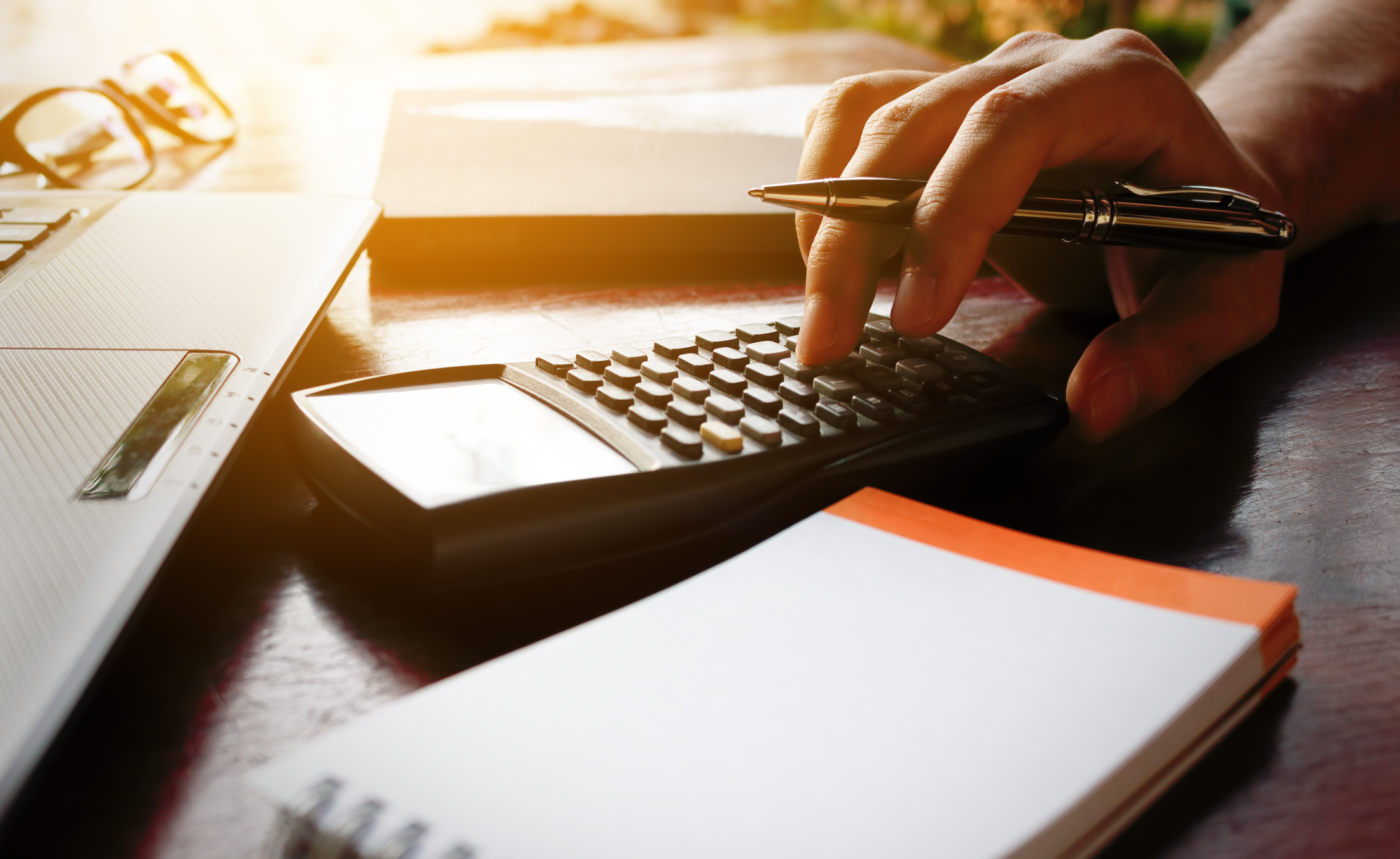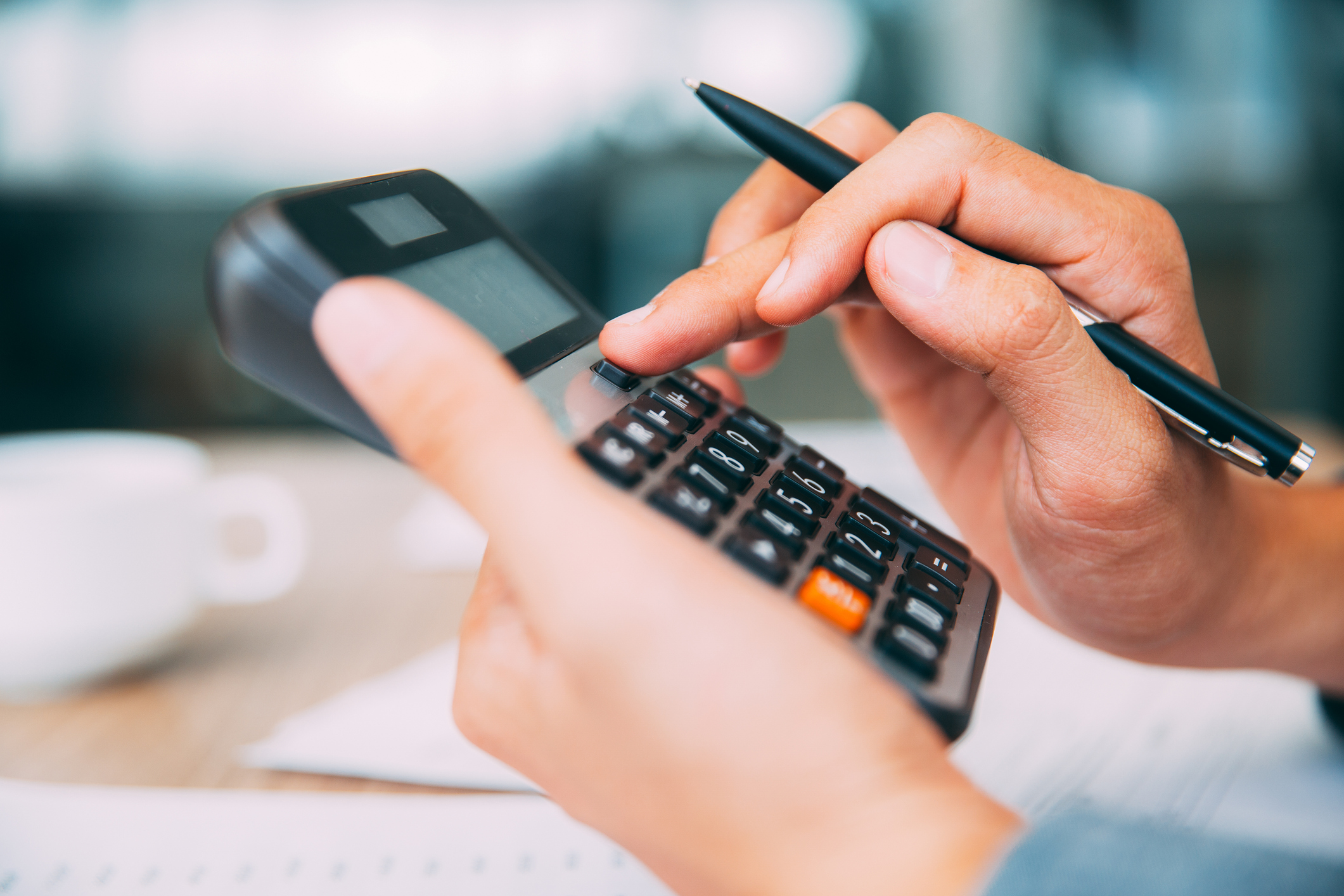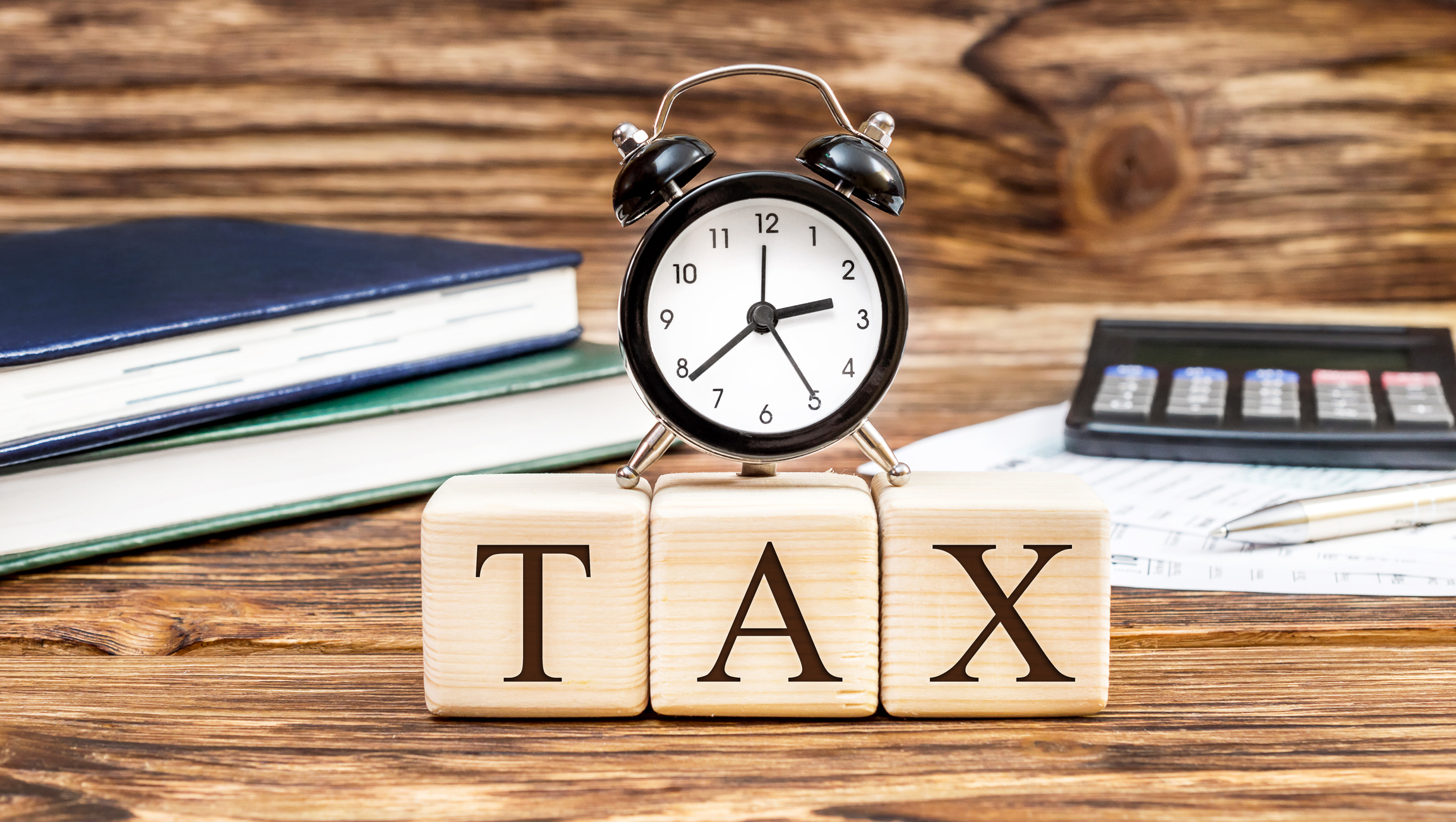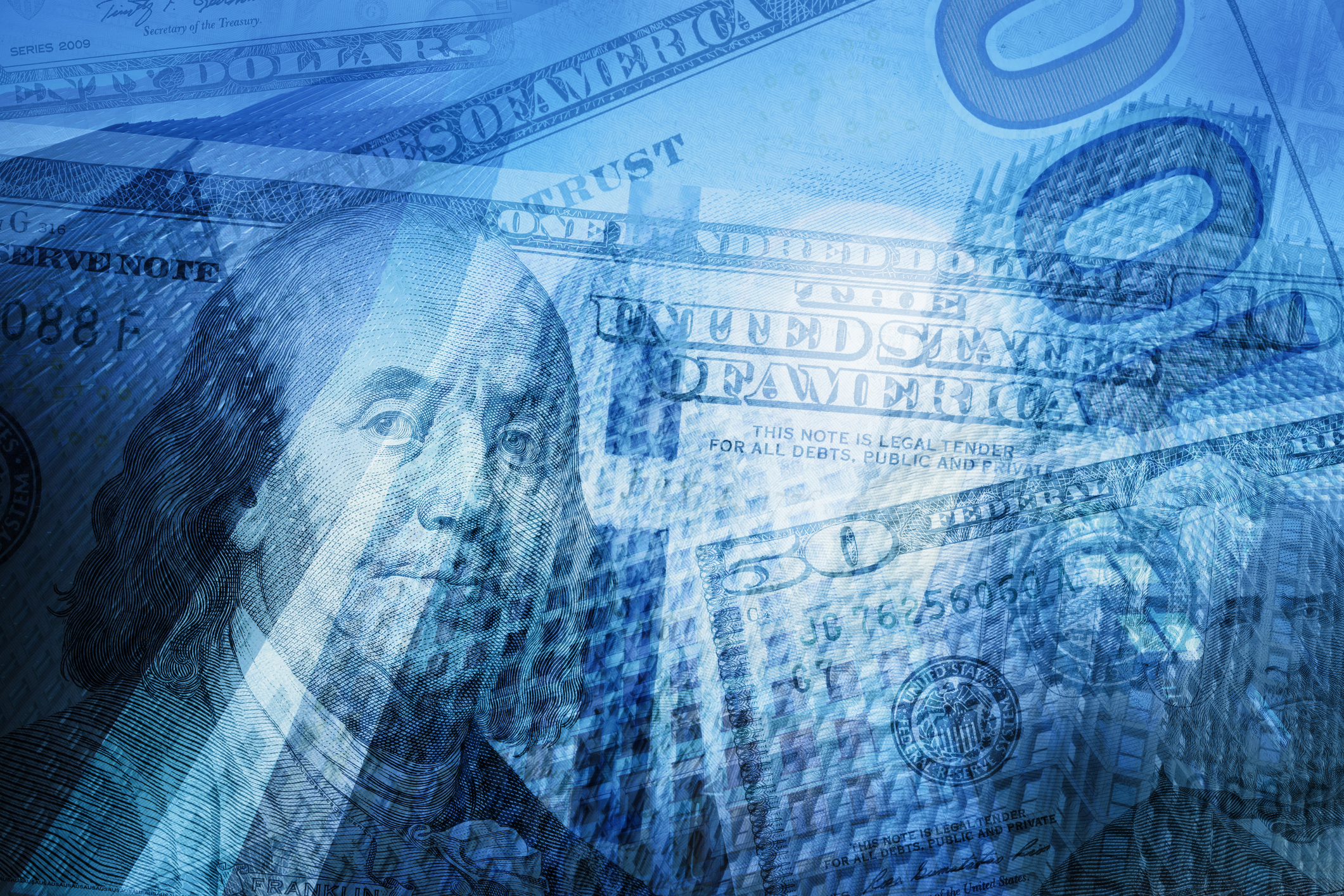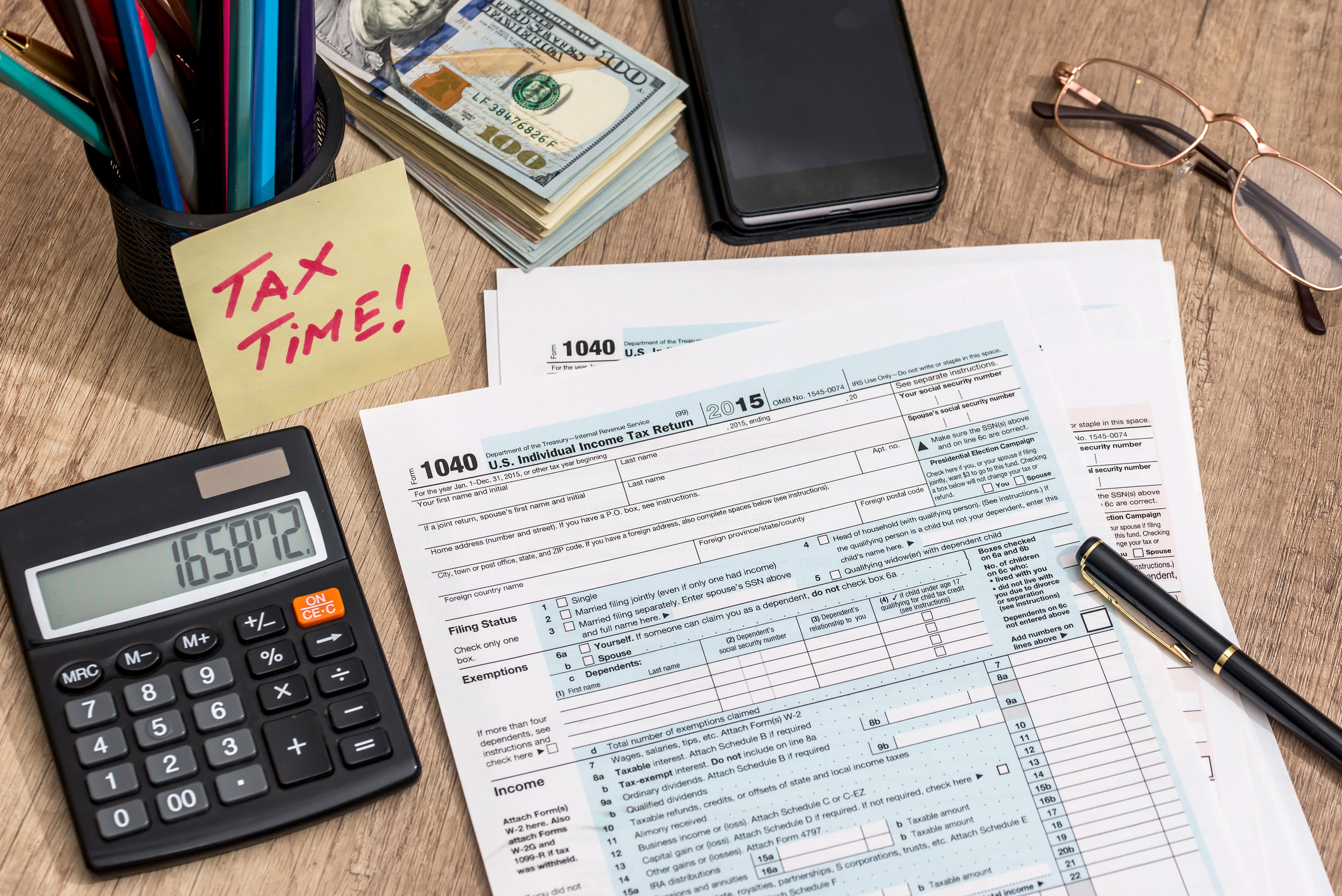No matter what kind of business you're interested in owning, it's important that certain types of materials are protected. A trademark is one of the ways to protect those brand assets.

What Is a Trademark?
A trademark lets you register and protect a word, phrase, design, or combination of these that you use to identify your brand, whether you sell goods or services, and is considered intellectual property. It's an important part of a company's value because the trademark is literally the moniker by which the company or product line is known. They tend to be specific and immediately recognizable.
Both goods and services can be protected under trademark law, although "trademark" technically refers to goods. A service-based company gets a "service mark," which is the same concept but for services instead of goods.
How do you get a trademark?
Technically, as soon as you begin selling a product with your trademark, you become a trademark owner. However, you won't have great protection unless you file your trademark with the U.S. Patent and Trademark Office.
To use your trademark locally, just add "TM" or "SM" after your company's trademark to signal that you've claimed the trademark or service mark as your own. You can also register it with the patent office for more widespread protection by filling out a form online and submitting a filing fee. These vary based on how you use your trademark and how you file but can start as low as $250.
Once your trademark is registered, you can use the registered trademark symbol Ⓡ. It's important to note that the registered trademark symbol can be used only with the goods or services you list on your trademark application.
Trademark versus patent versus copyright
Understanding the difference between a trademark, patent, and copyright is vital if you're going to use them. Although each protects intellectual property, they protect different types of property. Here's a quick breakdown:
Trademark. Trademarks protect the way you identify your goods or services. This might be the company's name or the name of a specific line of products, such as a new and exciting line of bath bombs that smell like homemade soups, called Tub Soup™.
Patent. Patents shield inventions and processes from being copied or used without permission. This means things like drug formulations, machinery, and new product designs or innovations.
Copyright. Copyrights cover original artistic work in mediums that include paper, films, and digital creations. This could be song lyrics, poetry, or the words you're reading right now on this website.
Each of these protections helps prevent the owners of these difficult-to-guard types of property from having them copied and sold without their permission. Intellectual property can often be quite valuable over the long term, so having someone compromise your branding, inventions, or artwork could be crippling to a business that doesn't understand how to protect these types of intangible assets.
Why trademarks matter to investors
Trademarks really matter -- a lesson Elon Musk is still learning in the wake of his rebranding of Twitter, one of the world's most recognizable trademarks, to X. One of the most important requirements for a trademark is that it be specific and recognizable. That may prevent "X" from being registered as a trademark for the company formerly known as Twitter.
Related investing topics
Trademarks can be incredibly valuable to companies, especially when they've been used for a while. Again, the Twitter fiasco is an excellent example of this. The Twitter branding was estimated to be worth between $4 billion and $20 billion, which was lost immediately when the company decided to drop the iconic blue bird from its intellectual stables (although most users continue to use the name Twitter).
Twitter not only acted as a recognizable beacon in the social media landscape but also served as a symbol of a company that behaved and did business in a certain way. Since dropping the Twitter brand, the social media site has been hemorrhaging advertisers. If Twitter were still publicly traded, the rebranding would have irreparably damaged shareholders, given the value of Twitter has since dropped as much as 90%, according to Musk.

